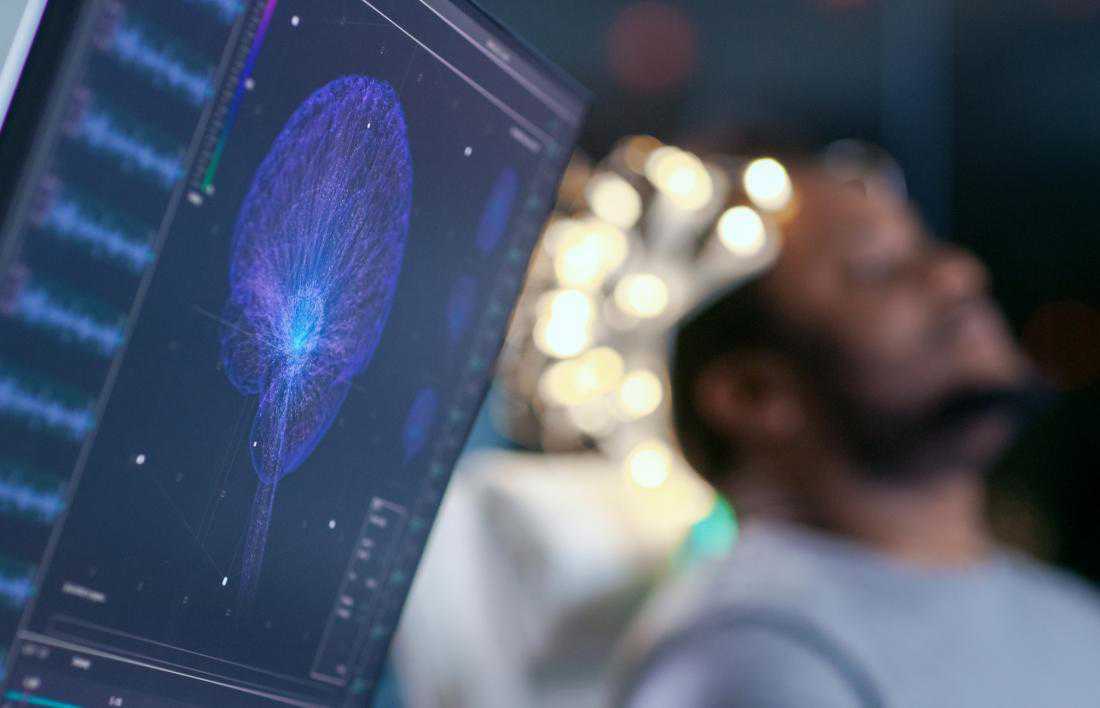Detecting schizophrenia before symptoms arise
11 November, 2018

Early diagnosis is key to the effective treatment of schizophrenia. In a recent study, scientists probed neural activity in the hunt for rogue connectivity. Their findings may help clinicians catch schizophrenia before the first psychotic episode.
Schizophrenia is a mental health disorder characterized by disrupted perceptions and thoughts. Symptoms can include delusions, hallucinations, and impaired cognitive abilities.
In the United States, schizophrenia affects an estimated 0.25–0.64 percent of the population. Often appearing in an individual's late teens or early 20s, schizophrenia is highly disruptive, challenging to treat, and long-lasting.
Treatment is much more effective if doctors can diagnose the condition early. Currently, however, specialists cannot diagnose schizophrenia until an individual has had their first psychotic episode. At this point, an individual's behavior can change dramatically, and they "may lose touch with some aspects of reality."
Recently, a team of researchers decided to look in detail at patterns in neural activity. They hoped to identify a signature in how parts of the brain communicate that might predict onset.
Identifying subtle and unexpected patterns is challenging, and the task took the combined skills of researchers from a number of institutions. Those involved came from the Massachusetts Institute of Technology in Cambridge, the Beth Israel Deaconess Medical Center in Boston, MA, the Brigham and Women's Hospital, also in Boston, and the Shanghai Mental Health Center in China.
